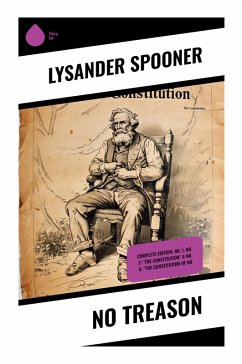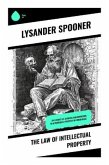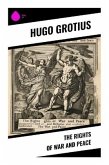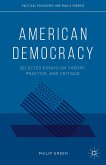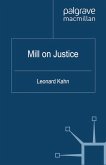In "No Treason," Lysander Spooner presents a passionate and rigorous critique of the United States government, challenging its legitimacy and the very concept of political authority. Employing a mix of legal reasoning, philosophical inquiry, and piercing rhetoric, Spooner articulates his argument against consent of the governed, positing that individuals do not inherently owe allegiance to a state merely by virtue of birth. His work is steeped in the 19th-century libertarian context, reflecting the era's burgeoning ideas on individual sovereignty and revolutionary thought as it engaged with the aftermath of the American Civil War. Lysander Spooner was a prominent abolitionist, lawyer, and a fiercely independent thinker, whose experiences with the legal system and radical views on individual rights deeply influenced his writing. His commitment to civil liberties and criticism of institutional power were shaped by his involvement in abolitionist movements and his disdain for governmental overreach. "No Treason" stands as a culmination of Spooner's philosophical explorations and his belief in a contractual society grounded in mutual consent. This essential text is recommended for readers interested in political philosophy, legal theory, and the historical struggles for liberty. Spooner's compelling arguments invite readers to critically examine the foundations of government and individual rights, making it a pivotal work for understanding the evolution of libertarian thought.
Bitte wählen Sie Ihr Anliegen aus.
Rechnungen
Retourenschein anfordern
Bestellstatus
Storno

